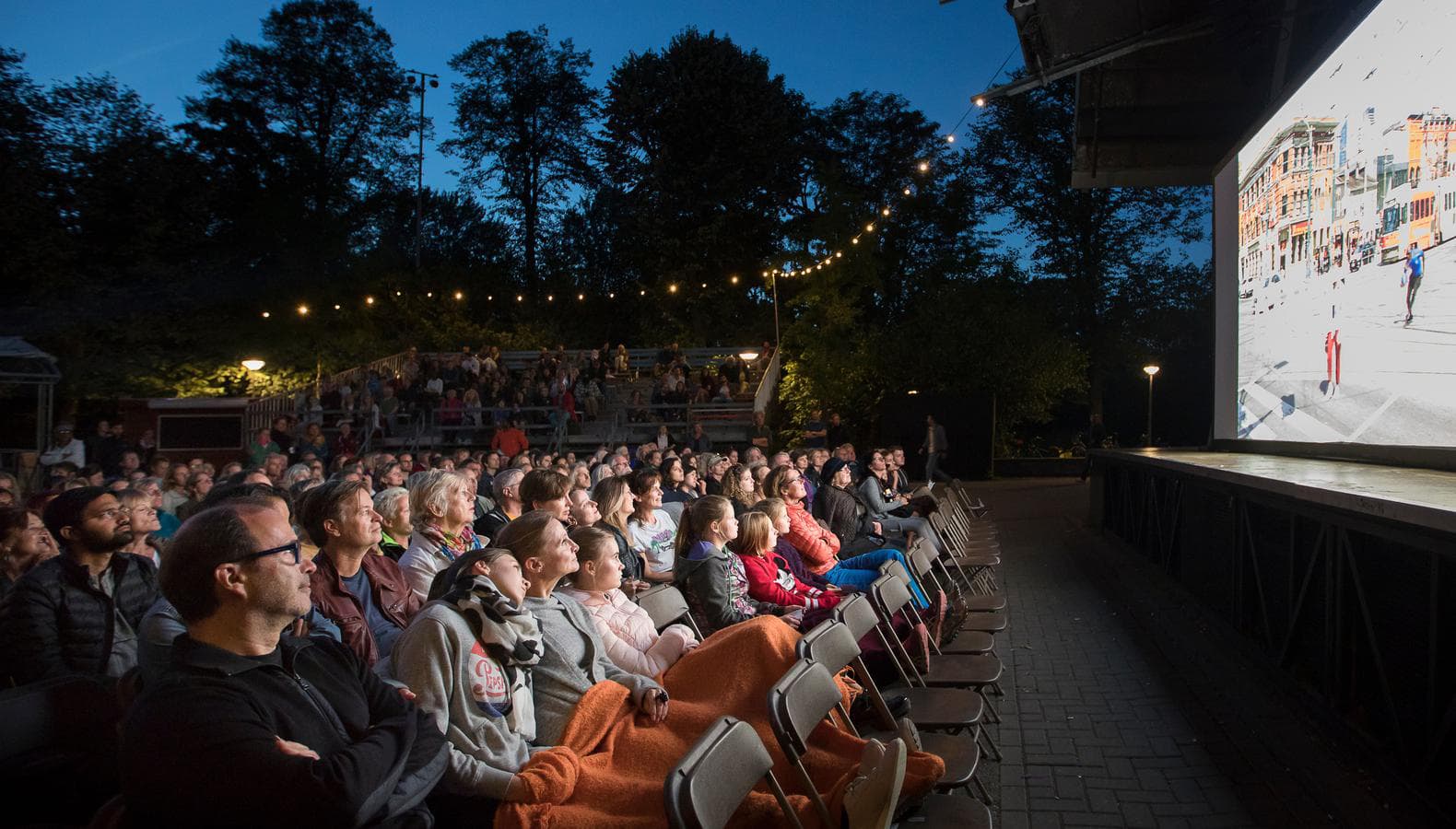Film festivals are more than just glamorous red carpets and star-studded premieres; they are cultural events that celebrate the artistry of filmmaking, spotlight emerging talent, and influence the trends of the industry. From Cannes to Sundance, these festivals have become pivotal in the careers of filmmakers and actors alike. Let’s dive into the vibrant world of film festivals and see how they are shaping the future of cinema.
The Essence of Film Festivals
Film festivals serve as a platform for filmmakers to present their work to a broader audience. These events provide a space for directors, actors, and producers to interact with critics, distributors, and fans. The significance of film festivals lies in their ability to bridge the gap between filmmakers and the audience, fostering a community that appreciates and critiques cinematic art.
Each festival has its unique flavor and focus. For instance, the Cannes Film Festival is known for its glitz and glamour, attracting A-list celebrities and showcasing international cinema. On the other hand, the Sundance Film Festival, founded by Robert Redford, focuses on independent films and has a reputation for discovering new talent. These festivals not only celebrate cinema but also set the stage for future trends in the industry.
How Film Festivals Shape Trends
Film festivals are trendsetters in the film industry. The movies that gain recognition at these events often influence the types of films that get produced and the themes that become popular. For instance, the success of indie films at festivals like Sundance has led to a surge in interest in independent filmmaking, encouraging studios to invest in smaller, more creative projects.
Moreover, film festivals play a crucial role in launching the careers of filmmakers and actors. Winning an award or even being nominated can catapult an unknown talent into the limelight. This exposure often leads to bigger projects and opportunities within the industry. The trends set by these festivals can be seen in the types of films that get funded, the storytelling techniques employed, and even the cinematic styles that become popular.
Film festivals also shape trends by highlighting social and cultural issues. Movies that address pressing topics like climate change, social justice, or mental health often gain traction at these events, bringing these issues to a wider audience. This trend not only reflects the current societal concerns but also pushes the industry to produce more meaningful and impactful content.
The Role of Technology in Modern Film Festivals

In recent years, technology has transformed the way film festivals operate. Virtual film festivals have become more common, especially in the wake of the COVID-19 pandemic. These online platforms allow a global audience to participate in the festival experience, breaking down geographical barriers and making it easier for more people to access and enjoy the films.
Virtual reality (VR) and augmented reality (AR) are also making their mark on film festivals. These technologies offer immersive experiences that enhance storytelling and provide new ways for audiences to engage with films. For example, some festivals now include VR screenings where viewers can experience the movie in a 360-degree environment, adding a new dimension to cinematic storytelling.
Additionally, social media plays a significant role in promoting film festivals and engaging audiences. Platforms like Instagram, Twitter, and Facebook are used to share live updates, behind-the-scenes content, and interact with fans in real-time. This digital presence helps to build excitement and draw in a larger, more diverse audience.
The Economic Impact of Film Festivals
Beyond their cultural significance, film festivals also have a substantial economic impact. They attract tourists, generate revenue for local businesses, and create jobs. Cities that host major film festivals often see a significant boost in their local economy due to the influx of visitors and media attention.
For filmmakers, participating in a film festival can lead to distribution deals and funding opportunities. Distributors and investors attend these events looking for the next big hit, and securing a deal at a festival can mean the difference between a film getting widespread release or remaining unseen.
Film festivals also provide educational opportunities. Many festivals offer workshops, panel discussions, and networking events where industry professionals share their knowledge and experience. These events are invaluable for aspiring filmmakers and anyone interested in learning more about the industry.
Fun and Entertainment at Film Festivals
While film festivals are serious business for industry professionals, they are also a lot of fun for attendees. Besides watching a diverse range of films, festival-goers can participate in Q&A sessions with filmmakers, attend parties, and enjoy various cultural events. It’s a unique opportunity to celebrate cinema in a vibrant and dynamic environment.
For those looking to enjoy a lighter side of film festivals, there are often activities and events designed purely for entertainment. For instance, some festivals include interactive exhibits, live performances, and even games where you can Play fortune for fun. These activities add an extra layer of enjoyment and make the festival experience memorable.
Conclusion
Film festivals are a vital part of the film industry, celebrating the art of filmmaking, discovering new talent, and setting trends that shape the future of cinema. They offer a unique blend of cultural significance, economic impact, and sheer entertainment. Whether you’re an industry professional, an aspiring filmmaker, or simply a movie lover, attending a film festival is an experience like no other. So, next time you see a film festival happening near you, grab your tickets and immerse yourself in the magic of cinema.



